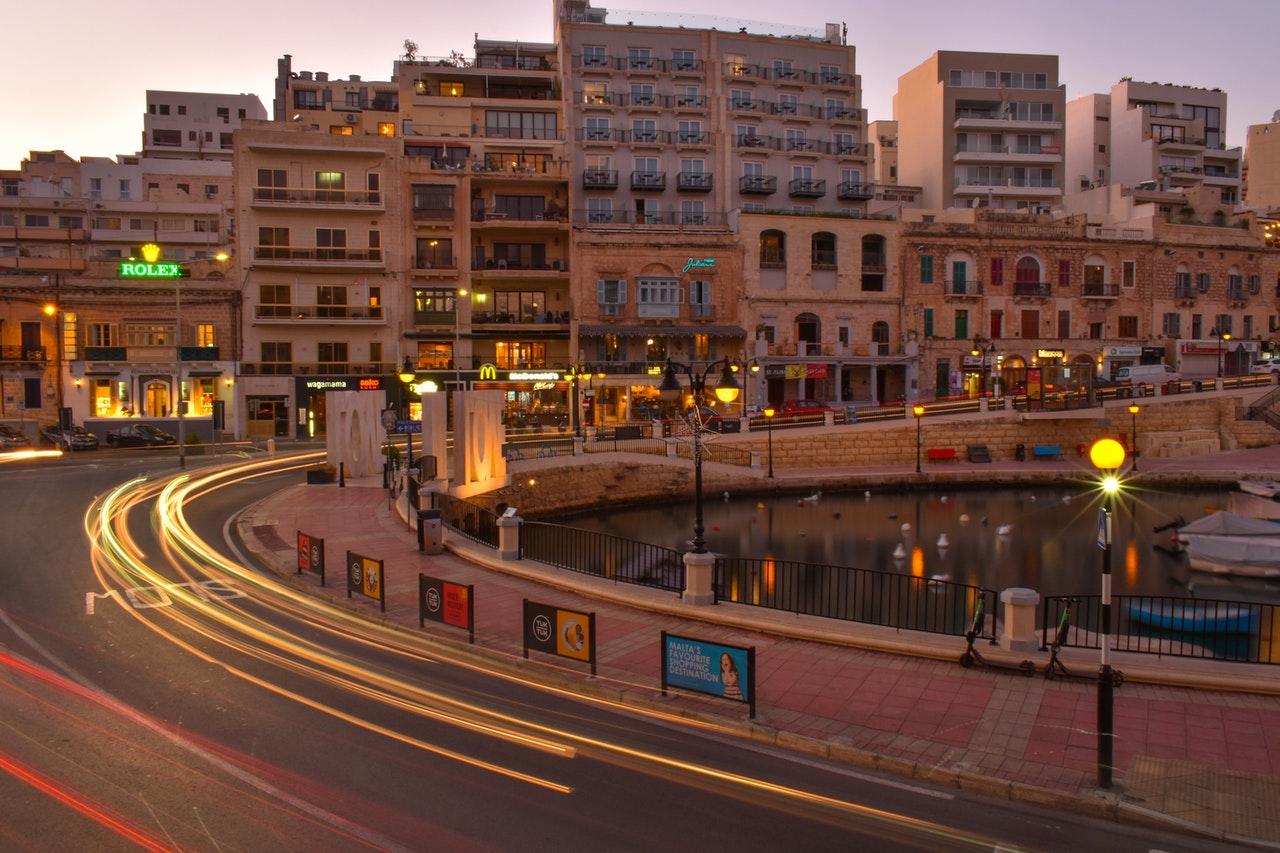“Malta’s economy is arguably more exposed than its European peers to the economic shocks caused by the pandemic”, “mostly because of its exposure to the tourism industry”, warned PwC’s in its latest macroeconomic outlook report.
The report concedes that “albeit small and open, Malta’s economy has proven resilient to economic shocks in the past, most notably during the recession in 2009 when the local economy contracted by just 1.1 per cent compared with an average contraction of 3.75 per cent in the Euro Area”.
However, this time, the PwC believes the recession is different, “as the bulk of the economic shock is the direct result of an overnight quasi-halt to tourism and related activities across the globe”.
Despite this, the report comments that in some ways, Malta’s economy has remained strong. For example, unemployment has remained contained at only 4.7 per cent, compared to 8.3 per cent in the Eurozone.
Furthermore, the Maltese economy also enjoys a relatively healthy fiscal position, “with its debt-to-GDP ratio standing at 53.7 per cent in Q3 of 2020, compared with an average of 97.3 per cent in the eurozone.”
“In fact, despite a significant decline in economic activity, Malta’s debt-to-GDP ratio is expected to remain under control over the medium term, rising to 60.3 per cent by 2023. This could prove fundamental in Malta’s recovery over the medium term since it implies that Malta’s Government has significant fiscal manoeuvrability relative to other countries”, the report continued.
Concluding, PwC suggests that whilst 2021 is showing signs of a gradual recovery, this recovery cannot be taken for granted. “The ability to return to pre-pandemic levels depends largely on the control of the spread of the virus and the achievement of herd immunity”, it emphasises.
The outlook report also acknowledges predictions that the global economy is set to expand by five per cent in 2021, and details the different outlooks facing countries in 2021.
Of the countries selected for study by PwC, China was by far the best off, not only recovering economically by the end of 2020 but actually seeing an expansion of 1.9 per cent. Furthermore, in 2021, the country’s economy is predicted to further climb, by eight per cent.
Globally, PwC predicts that in the wake of disproportionate losses in the lower-earning segment of the economy, Government’s medium-term focus will shift from dealing with the immediate economic impact of the pandemic to dealing with higher unemployment rates by upskilling the labour force, retraining trying to create jobs in newly emerging labour-intensive sectors.
One such sector is the so call “Green Economy”. PwC predicts that “the year 2021 could arguably be the first year in which the world’s three largest economies (US, EU and China) will all refocus their efforts to fighting climate change”.
“EU member states are expected to finalise their plans to accelerate the transition towards a greener (and more digital) economy by the end of April”, it says.
As part of these plans, the European Commission is expected to release the first tranche of grants and loans worth around 0.5 per cent of Eurozone GDP (or five per cent over five years) to help speed up the process.
Rain or not, Malta dines out: How bars and restaurants fared on New Year’s Eve
Rain on New Year’s Eve led to cancellations, but deposits helped stabilise bookings
Scam communications: Cutting through the noise
MCA analyst Alistair Farrugia explains what businesses can do to cut through the ‘noise’ created by scams
2025: Three experts on the year technology outpaced certainty
Daniel Thompson-Yvetot, Simon Azzopardi and Keith Cutajar on the year that passed and the year ahead.






